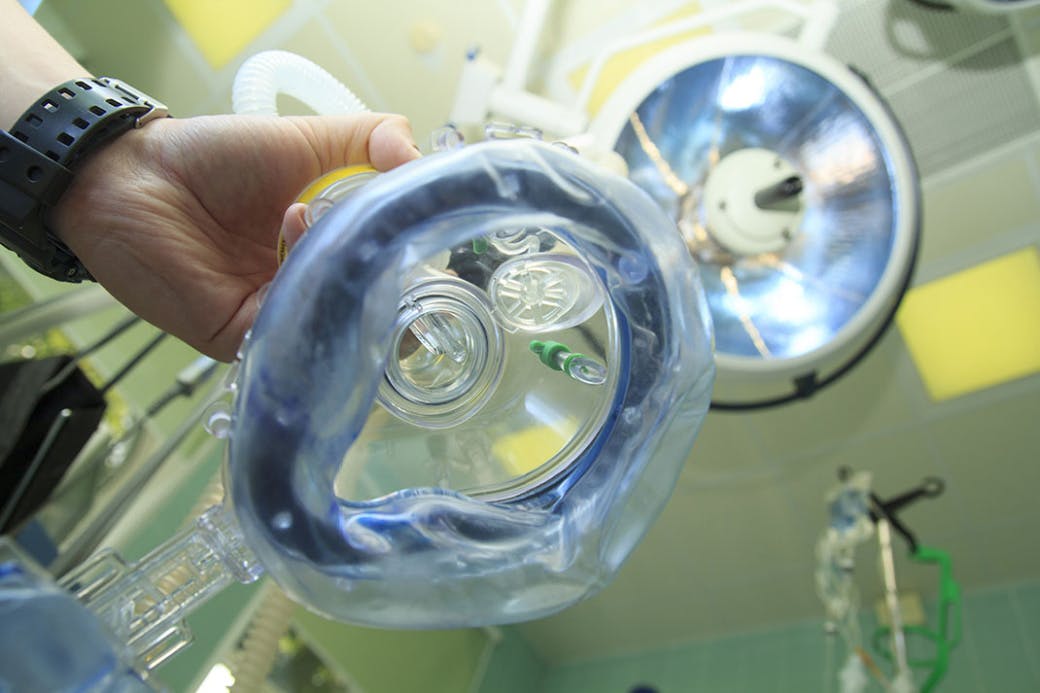Deadly Complications Not Reported at Surgery Centers, Investigation Shows

Rising health care costs are a big issue in America. So is convenient, timely care. Thus, many patients are directed toward ambulatory or same-day surgery centers for routine procedures rather than much more costly hospital operating rooms. Since the first freestanding surgery center was founded in 1970, the number of what are formally known as ambulatory surgery centers (ASCs) in the United States has skyrocketed, surpassing 5,600 today.
But the risk of medical complication has increased right along with the millions of surgeries now performed in these surgery centers. Poor oversight, unqualified or ill-equipped staff, and little to no accountability are the findings uncovered in a joint investigation by USA TODAY and Kaiser Health News reports. Cataract surgeries, tonsillectomies, colonoscopies and other routine procedures have resulted in devastating and sometimes fatal consequences for patients.
Patients Endangered by Poor Equipment, Training and Procedures

The USA TODAY-Kaiser report found that more than 260 patients have died after “in-and-out” procedures at surgery centers across America since 2013. At Kandis Endoscopy Center in Arkansas, for example, two people died and one suffered brain damage over just four months after complications during anesthesia. Arkansas is one of 17 states that has no mandate requiring ASCs to report deaths after a procedure. (See below for details about Minnesota reporting requirements.)
Medicare reporting requirements also seem lax, requiring ASCs to report hospital transfers only when more than HALF of their patients leave by ambulance. These statistics are important because they indicate the surgery center could not handle a serious issue during a procedure. Nevertheless, only one-third of ASCs voluntarily disclose transfers to a hospital emergency department. Even the industry’s own advocacy organization, the ASC Quality Collaboration, asked Medicare to require better reporting by its members.
Doctor-Owners May Also Have a Conflict of Interest
Another issue raised by the report focused on doctors working at a center who are also the owners. Committees and administrators are in place in large hospitals to oversee staff physicians. Many surgery centers, however, are partially or fully owned by the staff physicians. When serious mistakes occur, a doctor-owner’s financial interests may conflict with his or her willingness to report.
Case in point: Maryland Gynecologist Dr. Paul Mackoul lost his hospital privileges in 2001 after a committee questioned his “competence or conduct” as a physician. So, he simply went out and opened his own surgery center with his wife. In 2015, a uterine cancer patient died after Dr. Mackoul installed a chest catheter despite not having the proper certification to perform any type of cancer surgery. Her family alleged that the doctor punctured a vein, causing blood to build up in her chest and collapse her lung. Dr. Mackoul still performs surgeries today.
Minnesota Leads Nation in Reporting: A Guide to Reviewing Surgery Centers

Sooner or later, you will be referred to a surgery center if you haven’t already. The good news: Minnesota was the first state in the nation to pass a law requiring both hospitals and surgery centers to report “adverse health events,” which includes instances of serious injury or death. Every year since 2003, the Minnesota Department of Health has published a report that includes an overview of all adverse events along with a listing of every hospital and surgery center in the state. First step, view the report here and check to see if your surgery center is on the list.
Other steps you can take to reduce the chances of complications?
- Find a center that is accredited on this list of accrediting organizations from the Centers for Medicare and Medicaid.
- Ask friends or family members about their surgery center experience if you are scheduled to undergo the same procedure.
- Don’t be timid about asking how many times a particular facility and surgeon successfully performed your surgery. If they won’t tell you, find a different surgery center.
- There are numerous customer review sites out there that focus on health care providers. Hop on Google, type in the name of a particular facility or surgeon, and look for patient reviews.
- Many surgery centers are affiliated with and/or located next to hospital. These facilities are a good first choice just in case there is an emergency.








